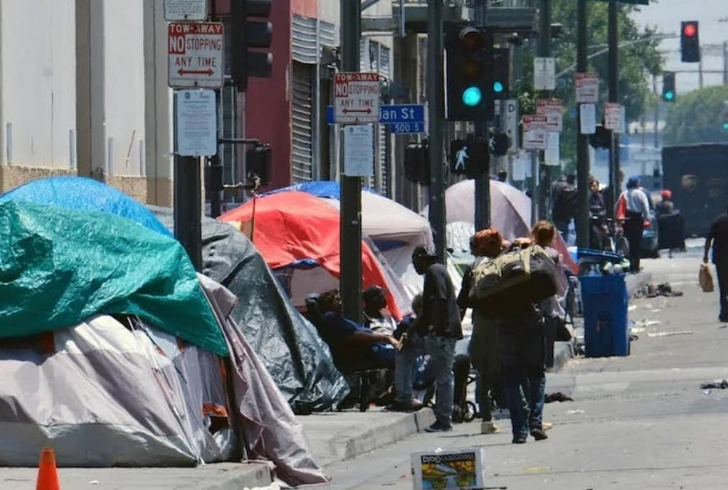Poverty Shouldn’t Stand in the Way of a Fulfilling Life
A society’s success is not just measured by its economic growth but also by the quality of life it offers to those with limited resources. Many people associate happiness with wealth, yet a fulfilling life should not be restricted to those who accumulate financial assets.
Ensuring dignity, security, and opportunities for all should be a priority. Unfortunately, economic disparities continue to push vulnerable individuals toward hardship, limiting their access to education, healthcare, and basic necessities.
The Reality of Poverty in Modern Society
Many developed nations, including the United States, have failed to create an environment where poverty does not equate to suffering. People struggle to afford housing, education, and healthcare, which were once accessible to previous generations at lower costs. In the mid-20th century, attending a public university required minimal financial investment, and stable jobs provided long-term security. Today, those opportunities have diminished as society leans more toward privatized services and high financial barriers.

Instagram | chris.tinney | Poverty makes life harder in modern society.
Individuals in poverty face daily struggles that go beyond financial difficulties. They often encounter exclusion from cultural participation, social stigma, and systemic obstacles that prevent upward mobility. The growing reliance on private wealth accumulation forces many into fear-driven financial decisions, making it harder for them to be generous or live with peace of mind.
Economic Pressures and the Fear of Insecurity
Modern economic structures create constant pressure to accumulate wealth, driven by the fear of financial instability. People worry about their ability to provide for their families, secure proper education, and afford medical care. As a result, many individuals prioritize financial security over generosity and community engagement.
Those who voluntarily embrace a simpler life often experience this fear more intensely. While religious groups and military communities have structured systems that provide essential resources, the general population lacks such support. Without policies that ensure basic security, individuals hesitate to take financial risks, even when they want to live with fewer material possessions.
The Role of Shared Resources in Reducing Hardship
Societies that prioritize shared wealth and communal resources create environments where financial hardship does not define a person’s quality of life. Historical communities often ensured that even the poorest had access to land, food, and shelter. Many cultures embraced systems where individuals contributed to a collective pool that benefited everyone.
Today, some organizations still follow similar principles. Religious groups often provide housing, healthcare, and education to their members, allowing them to focus on personal growth rather than financial survival. These models highlight how collective efforts can reduce suffering and promote stability.
Ensuring Dignity and Opportunity for All

Instagram | imaginablefut | Dignity for all means breaking financial barriers to education, healthcare, and security.
Poverty should not mean exclusion from opportunities or basic human rights. Ensuring dignity for all requires policies that make essential services accessible. Governments and communities should work toward systems that provide education, healthcare, and social security without excessive financial barriers.
Additionally, reducing reliance on means-tested assistance programs can create a more inclusive system. Many aid programs require individuals to prove they are deserving of help, which can be degrading. A society that shares its resources fairly ensures that no one is left behind.
Building a Future Where Wealth Does Not Define Worth
To create a society where financial status does not determine a person’s ability to live with dignity, economic systems must shift toward inclusivity. Investing in public services, supporting fair wages, and reducing the cost of essential needs can provide security for all.
When financial stability is not tied to individual wealth accumulation, people can focus on meaningful pursuits such as education, relationships, and personal growth. Everyone deserves the opportunity to lead a fulfilling life, regardless of economic status.